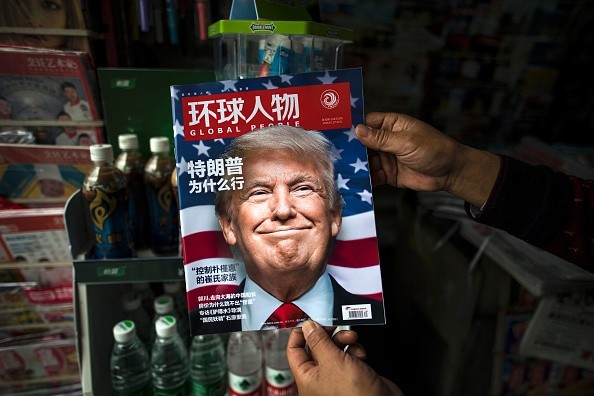U.S. President-elect Donald Trump has warned during his campaign that he would punish China for its unfair trade practices. The Chinese leaders, however, seemed to neglect the threat.
China remains one of the world's most closed major economies. The Asian superpower maintains policies against direct foreign investment. Foreign business firms are blocked from a wide range of industries—everything from cotton to tobacco to metal smelting.
As the U.S. and European Union Chambers of Commerce have complained, those companies also face a growing number of other hassles, including difficulties in enforcing contracts and accessing financing from Chinese banks.
Critics from other superpowers have begun asking why Chinese companies should be allowed to invest in their farmland, nuclear power plants, and technology companies when their own business firms would have trouble doing the same in China.
For example, even if China's ventures into Hollywood don't pose a national security threat, the fact that the country only allows 34 foreign films onto its screens every year betrays obvious hypocrisy.
This is the issue that Trump wants to address by placing higher tariffs on Chinese goods and scrutinizing deals involving Chinese buyers more closely and slowly.
If China would be wiser, it would solve the international trade concerns now before the U.S. and other developed countries start closing their own markets to Chinese companies. Reducing the barriers to foreign investment might entail partial loss of control, but it will help China with some of its goals.
As Chinese leaders from Deng Xiaoping have recognized, foreign companies provide not just badly needed capital but management and competitive pressures that result in greater efficiency all around.
In short, if Trump will put his threat into action, China might have to consider relaxing its foreign investment policies. This would lead to opportunities for the U.S. to invest in China and for the Asian superpower to have an economy driven more by consumption services than investment and manufacturing.
Though the ensuing trade war can have adverse effects on both China and the United States, a tougher stand can be actually good for both sides—if only Trump and his counterpart President Xi Jinping would realize it.



























